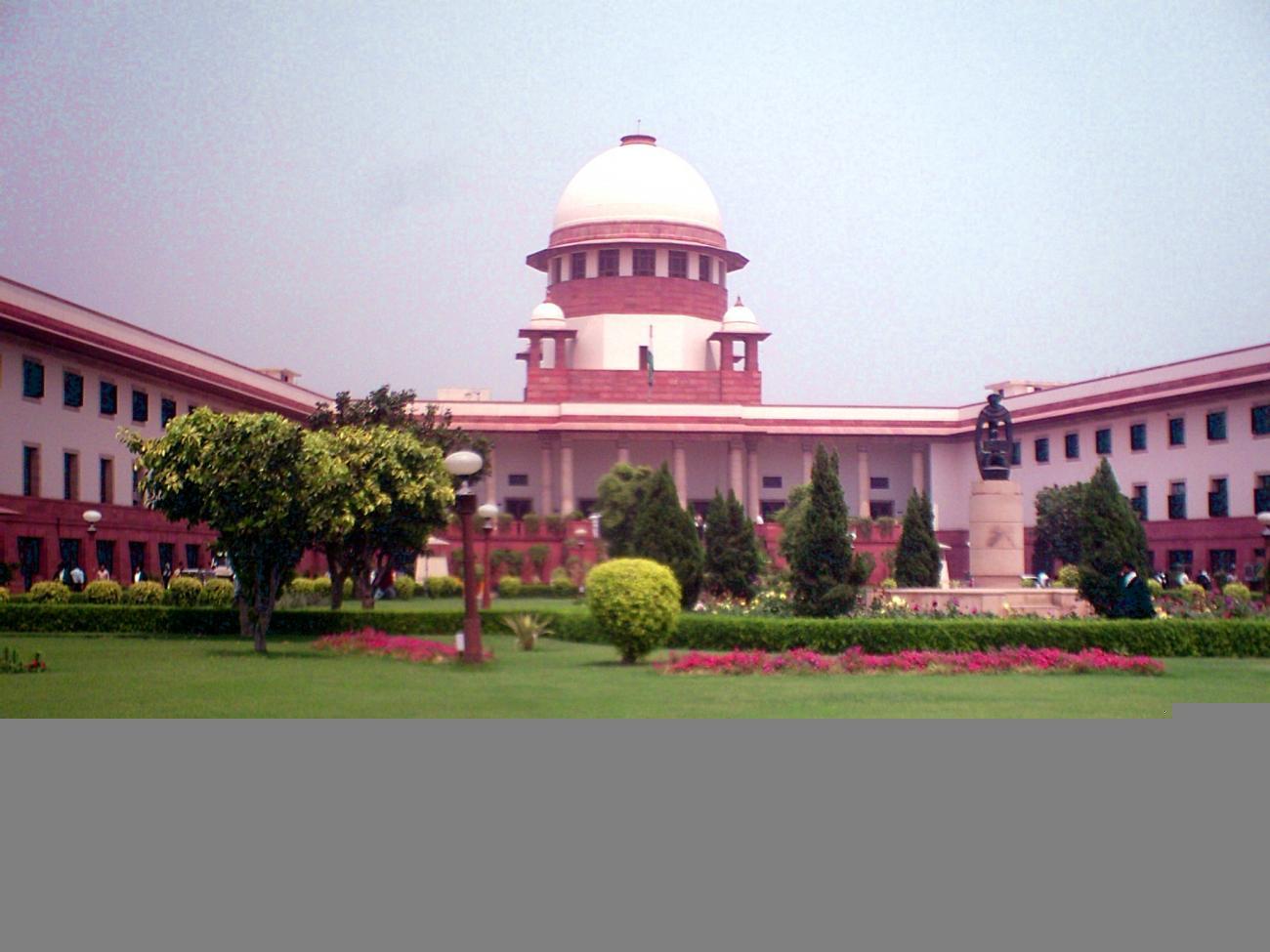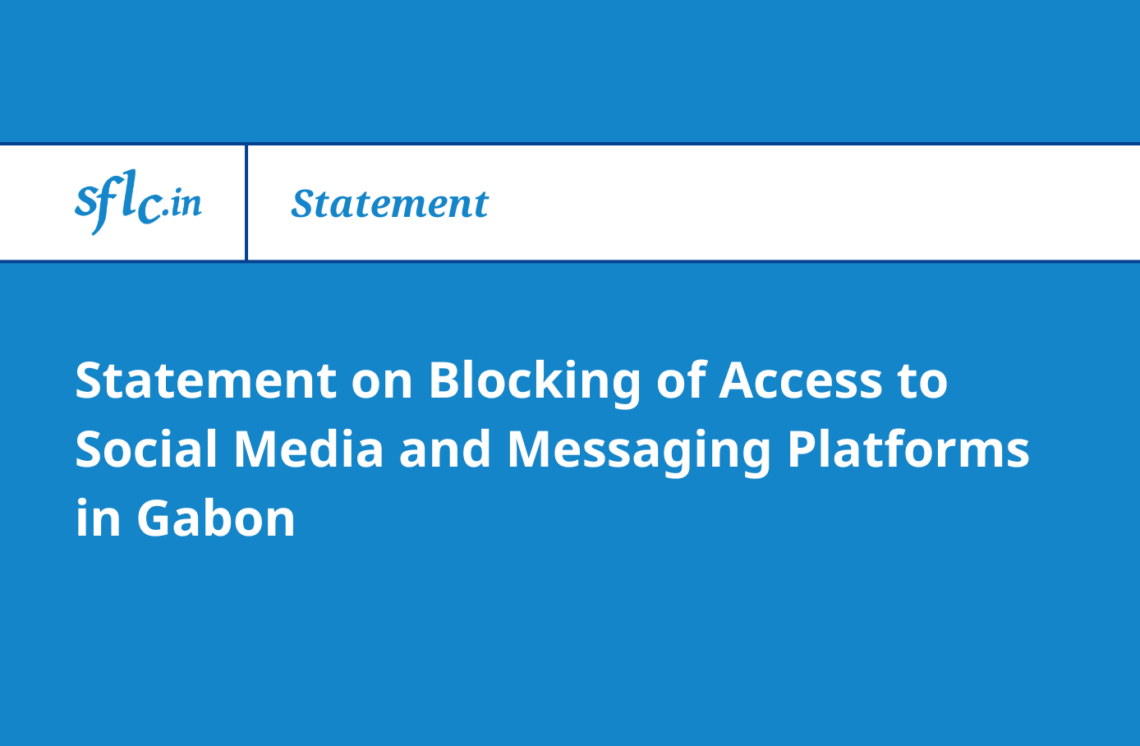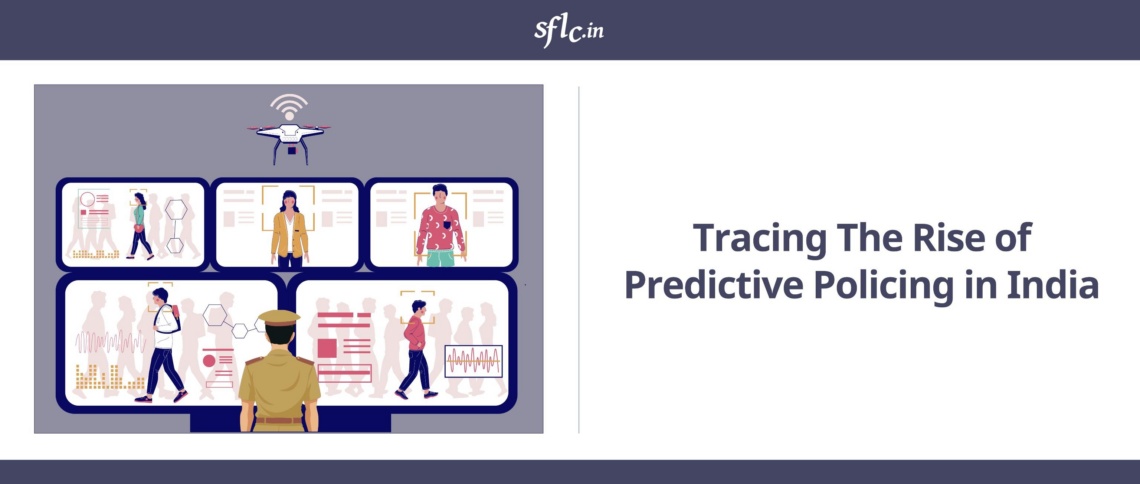On the last day (day 38) of the final Aadhaar hearing, Senior Advocate, Gopal Subramanium resumed his submissions for the State. He started by asking the bench, “Is Aadhaar really affirmative action? Is the Act an enabler or is it in the guise of enabler? The Act is not an instrumentality to deliver services. It is only a means of identification.” He contended that the bench has to read the true purpose of the law and whether the impugned law seeks to achieve that purpose Mr. Subramanium was of the view that dignity and autonomy is not preserved by Section 7 of the Act. He further stated that Aadhaar does not have a true purpose and that a claim to a true purpose is not proper purpose, following which he argued that authentication is at the heart of the Aadhaar Act and failure of authentication is a ground or denial of services.
J. Chandrachud opined that an Act like Aadhaar needs a regulator which is absent, to which, Mr. Subramanium agreed and stated that the State seeks to take away our data without the backing of a strong data protection framework. He further expressed that some words used in the Act, like “grant of subsidies, benefits and services” are expressions of condescension in Section 7 and are not treated like an entitlement. The burden is on the people to authenticate and establish their identity. J. Chandrachud, in reply, said that whether a “subsidy” is a benefit or a right has to be decided.
Thereafter, Mr. Subramanium highlighted that private players have access to Aadhaar data and there is no vertical protection. Section 7 has been interpreted to be mandatory. The State cannot make citizens subservient under Section 7 and call rights, benefits, he emphasized. He, then called for the Act to be struck down completely as it fails all three tests laid down in the Puttaswamy judgment: there is no legitimate state aim as the real aim of the Act is different from the purported aim; there was no law when Aadhaar was implemented and there is no proportionality.
Next, Mr. Subramanium read out a quote of B. R Ambedkar, “Political democracy rests on four premises: They are (1) The individual is an end in himself. (2) The individual has certain inalienable rights which must be guaranteed to him by the constitution. (3) The individual shall not be required to relinquish any of his constitutional rights as a price of any privilege. (4) The state shall not delegate power to private persons to govern others.”
Concluding his arguments, Mr. Subramanium stated that this court consciously overruled ADM Jabalpur, and the doctrine of misuse does not apply here because there is actual denial of rights in the case of Aadhaar. In his prayer, he asked for the Aadhaar Act to be completely struck down and the architecture and database destroyed.
Senior Advocate, Arvind Datar began his arguments next, and stated that the Aadhaar Act could not have been passed as a money bill. At most, it can be a financial bill of category 3 under Article 117 (3) of the Constitution. He was of the view that the doctrine of severability will not apply to Aadhaar, since the doctrine is only applicable to validly enacted legislations. Mr. Datar asserted that the judgments of Mohd. Saeed Siddiqui and Yogendra Jaiswal should be overruled. Finality of speaker’s decision does not mean that the bill cannot be subject to judicial review, he remarked.
Mr. Datar submitted that under the Prevention of Money Laundering Act (PMLA), Aadhaar is not just confined to banks but has gone beyond its scope. It is now needed for mutual funds, insurance policies and credit cards, among other things. He commented that magic words like black money, national security and terrorism are being thrown around by the State. The justification of a law for proportionality cannot be a ritualistic exercise.
He further submitted that Aadhaar is not justified under Article 300A of the Constitution and seeding Aadhaar will never solve problems of money laundering and black money because the source of such money is different. Mr. Datar called the State’s action colorable exercise of power and remarked that black money and money laundering is being used as a ruse to collect people’s biometrics. He prayed to the bench that Section 57 should be struck down as anything outside Section 7 is completely violative of the Puttaswamy judgment; Section 139AA of the Income tax Act is inconsistent with the Aadhaar Act; and there should be an option to opt out of the Aadhaar ecosystem.
Next, Senior Advocate, P. Chidambaram commenced his submissions on the money bill aspect of Aadhaar. and stated that the Attorney General’s reading of the word “only” in Article 110(1)(g) is erroneous. He submitted that Section 57 travels beyond Article 110 of the Constitution. Mr. Chidambaram further submitted that Clause (g) of Article 110(1) must be read very restrictively and a particular provision has to be incidental to clauses 110(1)(a)-(f) to come under clause 110(1)(g) since clause (g) is not a substantive provision.
Mr. Chidambaram argued that the implications of passing a non money bill as a money bill are very serious: one half of the Parliament is virtually disabled from making any amendments and; it denudes the highest Constitutional Authority of the country, the President of India. Since the Aadhaar bill was passed without the effective participation of the Rajya Sabha and without assent from the President, the court cannot save it as it is a fundamentally unconstitutional legislation, he asserted.
Mr. Chidambaram was of the view that the pith and substance doctrine cannot be applied in cases where the applicability of Article 110 is being interpreted. The doctrine is only limited to entries of legislative lists. In his prayer, he requested the bench to strike down the Aadhaar Act as it is not a money bill.
Senior Advocate, K.V Vishwanathan began his submissions and stated that the respondents’ argument that the least intrusive method is not a facet of proportionality is erroneous. He further stated that harmonization of rights is being applied by the State. Balancing right to food and right to privacy is wrong.
In his next submission, he contended that Section 59 does not protect Aadhaar during the time Aadhaar was an executive scheme. Concluding his arguments, he asserted that there can be no collection and digitalization of records and that the underpinning of the Aadhaar Act is authentication of individuals. The State cannot discharge its duty by subjecting the poor and downtrodden of this country to a technological menace.
The hearing concluded with Senior Advocate, P. V Surendranath making a short submission on excessive delegation.
The matter is now reserved for judgment.




